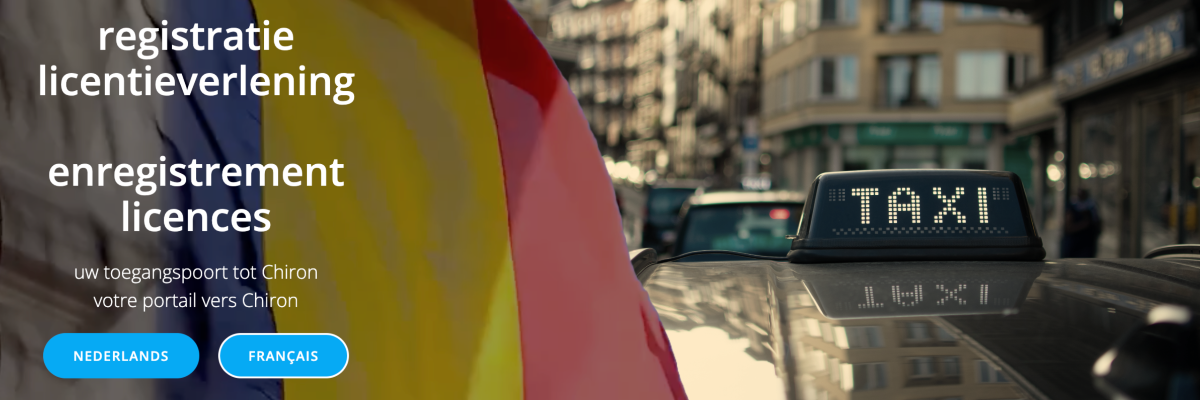An impending Ryanair strike disrupts travel plans again.
Last week brought us a wide range of news in the world of mobility. The spectrum of developments was wide ranging from the implementation of electric buses in Kortrijk, to the rumor that Ryanair pilots would go on strike in Charleroi, to the growing aversion to beer bikes in urban areas.
Kortrijk has taken the first steps towards a greener future, with De Lijn taking their latest generation of e-buses into use. The city thus shows us a mirror of sustainability that we can all strive for, an example of how public transport can contribute to the reduction of our collective ecological footprint.
Meanwhile, the departure of Inés Plasmans-Levert from ProRail makes us think about leadership and change. After 17 years of service at ProRail, she takes a courageous step and opens a new chapter in her career.
In another corner of the mobility spectrum, the beer bike seems to be falling out of favour. The once popular attraction, a symbol of festive freedom, is under pressure in cities like Ghent. This development says something about how our perception of public space is changing, and how we want to share and use that space.
There are also concerns about possible disruptions to air traffic. The impending strike of Ryanair pilots in Charleroi could put thousands of holidaymakers in trouble. This situation sheds light on the complexity and vulnerability of our air traffic system.
This week we also came across stories about the local character of mobility, such as the damaged fresh asphalt layer in Ekeren or the use of Glabbeek to stop an illegal rave. These events remind us that mobility is also about our immediate environment, and how we keep it safe and livable.
A big change was the fall of the fourth cabinet Rutte, whereby King Willem-Alexander had to break off his journey in Greece. This undoubtedly puts pressure on the political agenda, including mobility policy.
The taxi sector also made itself heard. Drivers Stef Keij and Zouhair Bakali addressed the Amsterdam city council about the cut in the Weesperstraat. This situation raises questions about how we find the balance between efficiency, accessibility and liveability in urban transport.
Finally, there was also good news: the takeover of Taxi NOF by Taxi Dorenbos, the introduction of new neighborhood buses by Syntus Utrecht, and a flight attendant who has gone viral and who gives tips on airplane upgrades.
All in all, it was a week full of movement in the world of mobility, a world that is constantly changing and evolving, just like us. Whether it concerns public transport, air traffic, urban space, or individual transport, mobility is more than just getting from A to B. It is a mirror of who we are, how we live, and how we shape our future together.



